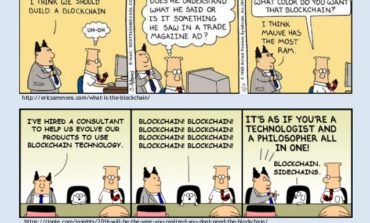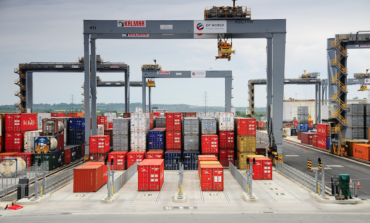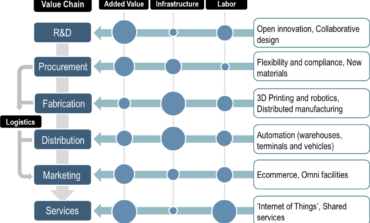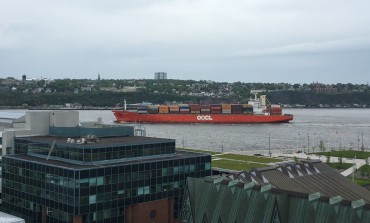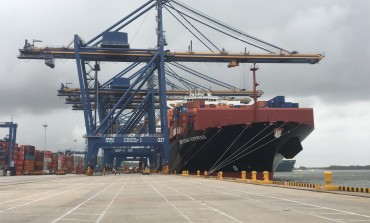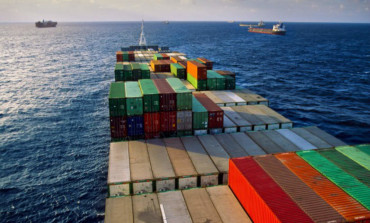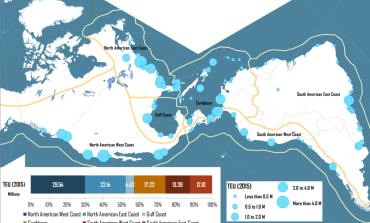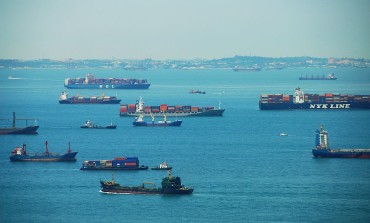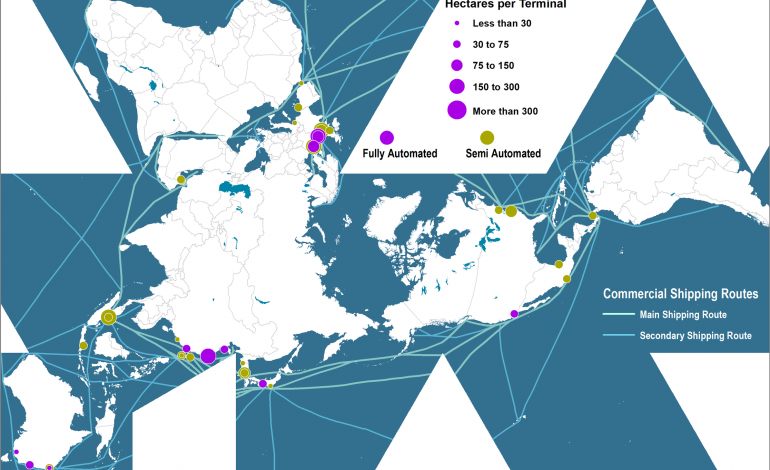 Containers
Containers

JeanPaul Rodrigue
Dr. Jean-Paul Rodrigue received a Ph.D. in Transport Geography from the Université de Montréal (1994) and has been at the Department of Economics & Geography at Hofstra University since 1999. In 2008, he became part of the Department of Global Studies and Geography. Dr. Rodrigue sits on the international editorial board of the Journal of Transport Geography, the Journal of Shipping and Trade and the Cahiers Scientifiques du Transport. He is a board member of the University Transportation Research Center, Region II of the City University of New York and is a lead member of the PortEconomics.eu initiative. Dr. Rodrigue is a member of the World Economic Forum Global Agenda Council on the Future of Manufacturing and a board member of the Canadian Transportation Research Forum as well as of the International Association of Maritime Economists. In 2013, the US Secretary of Transportation appointed Dr. Rodrigue to sit on the Advisory Board of the US Merchant Marine Academy. He is also the New York team leader for the MetroFreight project about city logistics. He regularly performs advisory and consulting assignments for international organizations and corporations.
Author's Posts
 Containers
Containers



